3.2: -AR verbs
- Page ID
- 44539
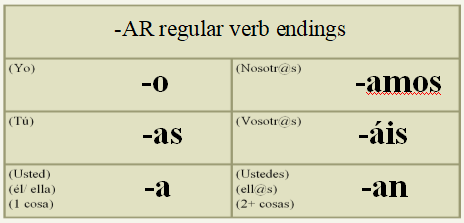
Verbos con –AR: Verbs with –AR
Hablar ________
Tocar________________________________
Escuchar_____________________________
Tomar_______________________________
Esperar______________________________
Cantar_______________________________
Limpiar______________________________
Lavar ________
Cocinar______________________________
Bailar________________________________
Buscar_______________________________
Comprar_____________________________
Trabajar______________________________
Viajar_______________________________
Necesitar ________
Estudiar______________________________
Descansar____________________________
Mirar________________________________

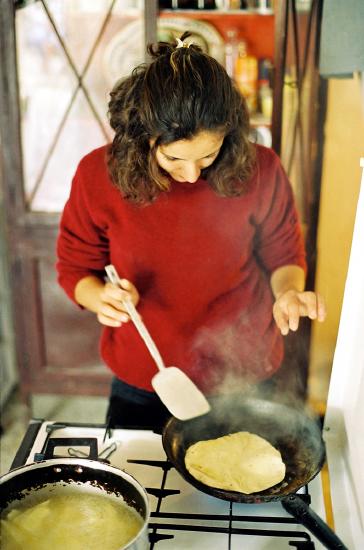
To conjugate regular –AR verbs in the present tense, take off the –ar and add the appropriate ending, based on the subject (the do-er of the action).
I dance = Bailar >>> Bailo
They travel = Viajar >>> Viajan
To make a sentence negative, put “no” in front of the conjugated verb.
I don’t dance = No bailo
They don’t travel = No viajan
Actividad 1
Rellenar el espacio. Choose which verb fits best, then conjugate it based on the subject to complete the sentence.
1. Mateo ________ mucho porque quiere sacar una A en la clase de cálculo. (Buscar/ Estudiar)
2. Daniel y Pablo______________________ en un restaurante elegante. (Comprar/ Trabajar)
3. Tú________ salsa, ¿no? (Hablar/ Bailar)
4. Verónica y Rodrigo______________________ karaoke los fines de semana. (Tomar/ Cantar)
5. Yo______________________café cada mañana. (Tomar/ Trabajar)
6. Usted ________ a Chile todos los veranos, ¿verdad? (Esperar/ Viajar)
7. Mis abuelos no______________________ porque están jubilados*. *retired (Escuchar/ Trabajar)
8. Santiago y yo______________________ muchos instrumentos. Nuestra banda se llama “Santi y los Supermans.” (Cantar/ Tocar).
9. Mi abuela ________ ruso. (Hablar/ Descansar)
10. Yo ________ los fines de semana porque no tengo clase. (Necesitar/ Descansar)
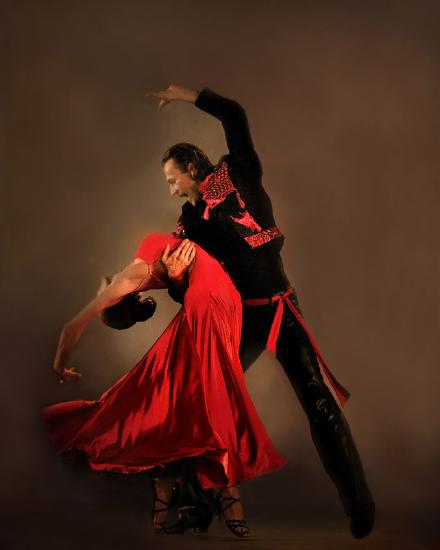
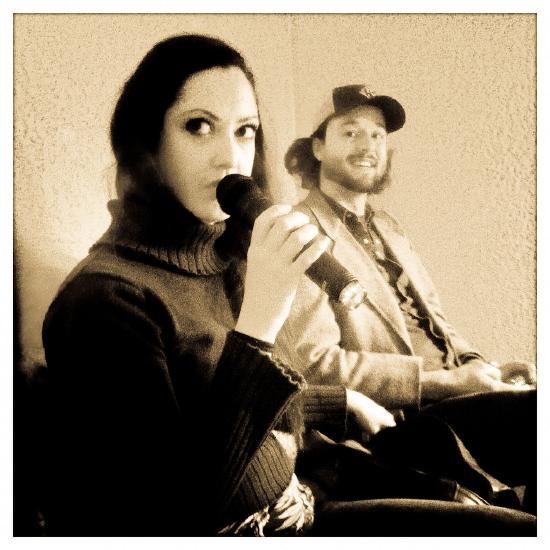

Actividad 2
following questions using –AR verbs. Be sure to conjugate so that you Preguntas personales. Answer thewill have a complete sentence! Then, interview a classmate in Spanish.
¿Hablas otra lengua? ________
¿Tocas algún instrumento?________
¿Cantas en el carro?________
¿Bailas mucho?________
¿Estudias mucho?________
¿Trabajas?________
¿Cocinas bien?________
Actividad 3
Challenge! Look back at our vocabulary list on page 91 and identify the three verbs you feel least comfortable with. Then, write a sentence for each, making them as personal as possible. The more you personalize the language, the better you will remember it!
Por ejemplo: Yo limpio la casa los sábados y lavo la ropa los domingos.
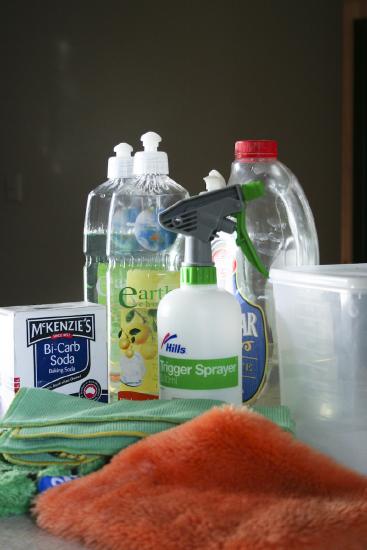


1. El verbo: ________
La frase: ________
2. El verbo: ________
La frase: ________
3. El verbo: ________
La frase: ________
Submarino. The object of this game is to find the location of you classmate’s submarinos. First, draw four submarinos on your grid and keep them a secret from your partner. To guess a square on your partner’s grid, conjugate the –AR verbs from the top row based on a subject given in the left-hand column. If there is a submarino in that square, your partner will say, “Lo acertaste”
(you hit it). If there is no submarino, your partner will respond, “Fallaste” (You missed). Take turns, and keep track of hits and misses on your grid. The first person to locate all four submarinos wins!
|
Limpiar
|
Cantar
|
Descansar (missing image) |
Tocar la guitarra
|
|
| Yo | ||||
| Tú | ||||
| Javier | ||||
| Nosotros |





